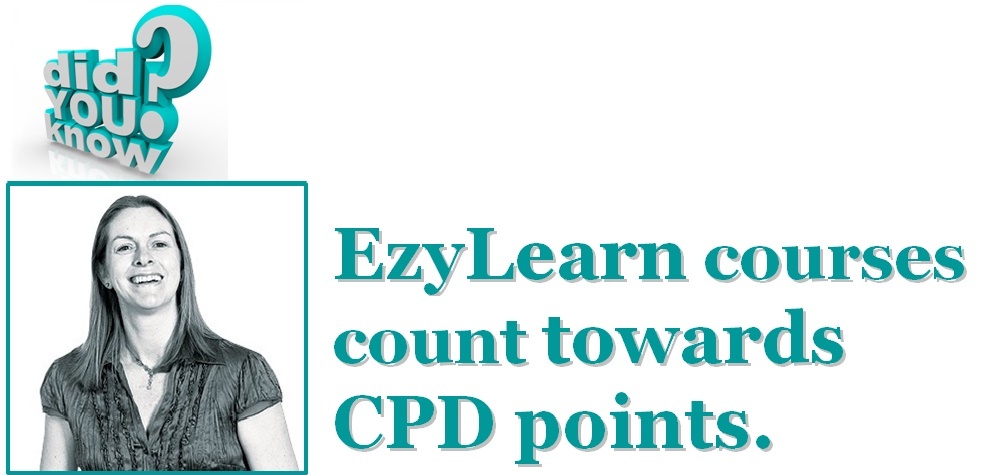
We’ve just unlocked a new course as part of our Small Business Management Course that’s now available for individual enrolment – originate and develop concepts course.
This course was previously only available as part of our Small Business Management Course, but because it’s such an important first step in starting your own business, we decided to make it available for individual enrolment.
The course focuses on the all-important research phase of starting a business. In order to complete this course, students will need to already have an idea for a business, which they can begin researching.
In the originate and develop concepts course you’ll be looking at things like the geographical area your business will service, whether seasonal factors will impact it, demographics and other socio-economic information that may be necessary.
These are important first steps that many business owners don’t learn until they’ve already opened their doors, at which point realigning their business accordingly is often costly and difficult.
But if you’ve already determined that to start your virtual bookkeeping business, you need compete, say, with two other established bookkeepers who only offer straight bookkeeping services, you can offer BAS services and establish a point of difference between yourself and the competition from the get-go.
Knowing where your business stands in the marketplace will also aid you in marketing and advertising your business, while it’s also necessary to have completed this kind of preliminary research if you intend on securing finance from an investor or a bank.
In the course, you’re also required to isolate your ideal customer, which is imperative to ensure you’re delivering the correct products or services, but again, also helps you market your business directly to that person – because you know exactly, what they do and how to reach them.
So if you’ve been thinking of starting you own business, our Originate and Develop Concepts Course is just the thing for you. Visit our EzyLearn Online website for more information or enrol now.


























